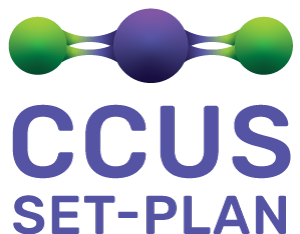About SET-Plan
It aims at accelerating the development and deployment of low-carbon technologies, through cooperation amongst EU countries, companies, research institutions, and the EU itself.
In September 2015, the Commission published a Communication (link to document/library) defining the new European research and innovation strategy for the coming years. The Integrated SET Plan builds on the Energy Union strategy and highlights the areas where the EU needs to strengthen cooperation with countries and stakeholders to bring new, efficient and cost-competitive low-carbon technologies faster to the market.
Set-Plan Actions
The Integrated SET-Plan identifies ten priority actions that could serve help accelerate the energy system transformation and the realisation of the EU’s aim to become the global leader in the deployment and use of renewable energy
- Performant renewable technologies integrated in energy system
- Reduce costs of technologies:
- New smart technologies and services for consumers
- Resilience and security of the energy system
- New materials and technologies for energy efficiency solutions for buildings:
- Energy efficiency for industry:
- Competitive in global battery sector and e-mobility
- Renewable fuels and bioenergy:
- Carbon Capture Utilisation and Storage
- Nuclear Safety
Each of these actions has developed an Implementation Plan with ambitious targets and Research & Innovation activities needed to achieve them. The progress of the Implementation Plan is monitored by Implementation Working Groups (IWG).
CCUS SET-Plan
Implementation of the SET-Plan Action 9 on CCS and CCU builds therefore on the work of the Implementation Working Group 9 (IWG9).
In 2016, the European Commission, the SET-Plan countries and industry agreed on 10 of ambitious targets for Action 9, outlined in a Declaration of Interest (DoI). In 2017, IWG9 elaborated the Implementation Plan of Action 9 that presents 8 Research and Innovation Activities to reach the DoI targets for 2020 and further actions to meet Key Performance Indicators for 2030.
The IWG9 aims at involving more countries, more funders and more stakeholders in order to accelerate the large scale deployment of CCUS technologies and meet the targets of the Implementation Plan.
In 2017, the IWG9 was composed of 11 SET-Plan countries (the Czech Republic, France, Germany, Hungary, Italy, Norway, the Netherlands, Turkey, Spain, Sweden and the UK), industrial stakeholders, non-governmental organisations and research institutions. The IWG9 is chaired by the Netherlands, Norway, and the Zero Emissions Platform.
